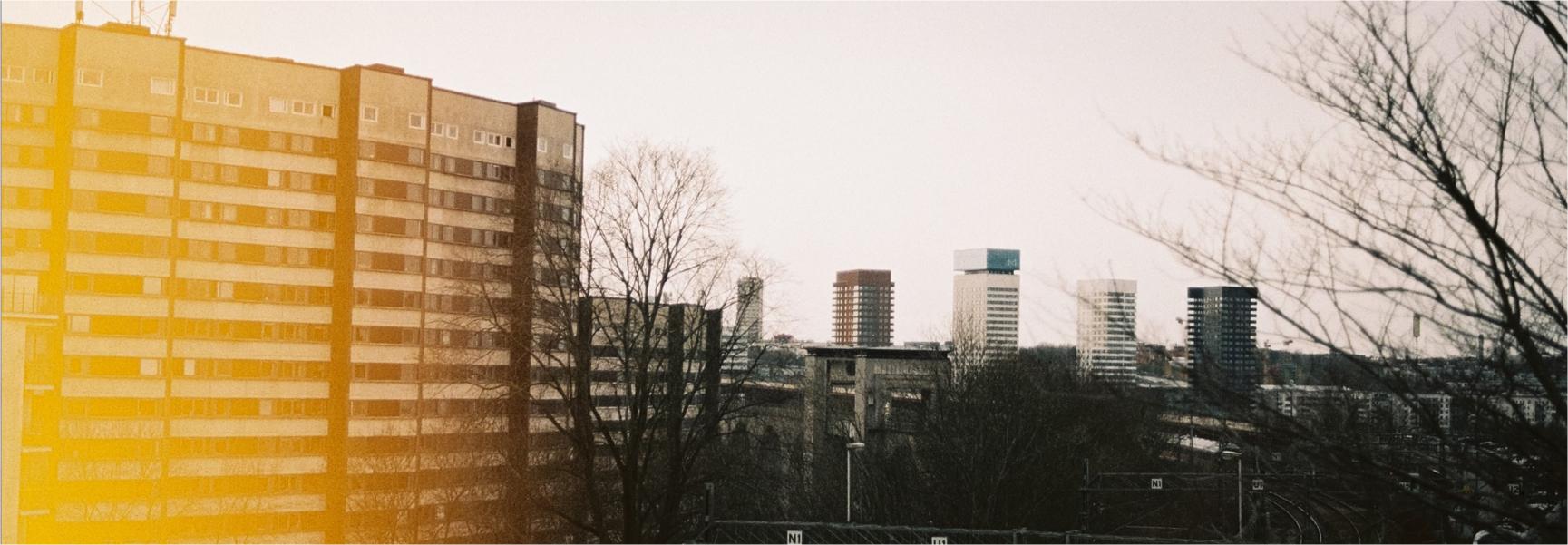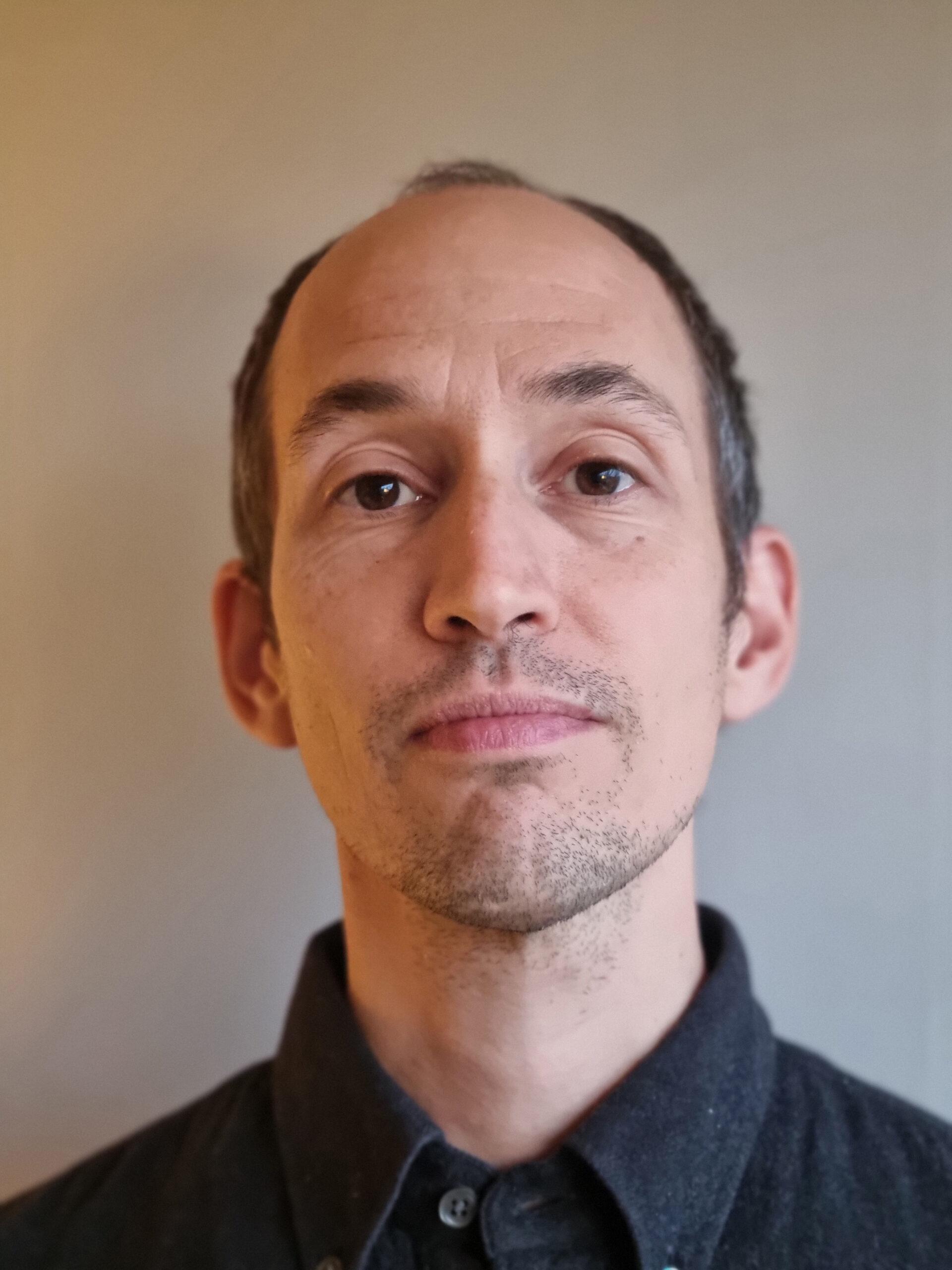
The future of yesterday’s concrete utopias: postwar concrete architecture, energy intensive construction materials, and cultural heritage as a tool for sustainability efforts
The project aims to highlight what kind of building historical knowledge is currently used, or could be used, to avoid unnecessary demolitions.
PROJECT INFORMATION
Timeline
September 2024 – December 2028
Total cost of project
7 990 499 SEK
Swedish Energy Agency’s project number
P2023-01485
Coordinator
Uppsala University
Participants
Uppsala University, Lund University
Project manager and contact
Erik Jönsson: erik.jonsson@kultgeog.uu.se

The renovation of post-war architecture is an important and complex current challenge for the creation of sustainable urban environments. In this project, we focus both on how cultural heritage discussions today deal with these types of buildings and on the building stock as a material heritage.
Based in a study of efforts to improve energy efficiency and extend the lifespan of post-war concrete architecture, we aim to investigate the kind of building-historical knowledge that currently is used, or could be used, to avoid unnecessary demolitions. We partly scrutinize this through studies of contemporary cases, but also through a historical investigation of the building techniques used and how their material heritage today can shape strategies.
Through our research we aim to contribute to a nuanced understanding of how questions concerning heritage, building materials and sustainability can be addressed in the work on the post-war building stock. In this we want to be part of an already ongoing conversation among architects, researchers, activists and politicians. These stakeholders should be able to benefit from our research in working with policy instruments and incentives for renovation as well as in discussions about how post-war neighbourhoods often considered unattractive can instead be understood as valuable cultural environments when renovation debts need to be managed today.
The project is conducted by researchers at Uppsala and Lund universities with backgrounds in human geography, architecture, and history. In our work, we are supported by a reference group consisting of both academics and practitioners.
Workshops will be organized continuously throughout the project, primarily at Form/Designcenter in Malmö. These workshops bring together various academic and non-academic stakeholders to discuss the project’s core themes and present preliminary research results. The workshops are also open to a broader architecture and sustainability-interested public.